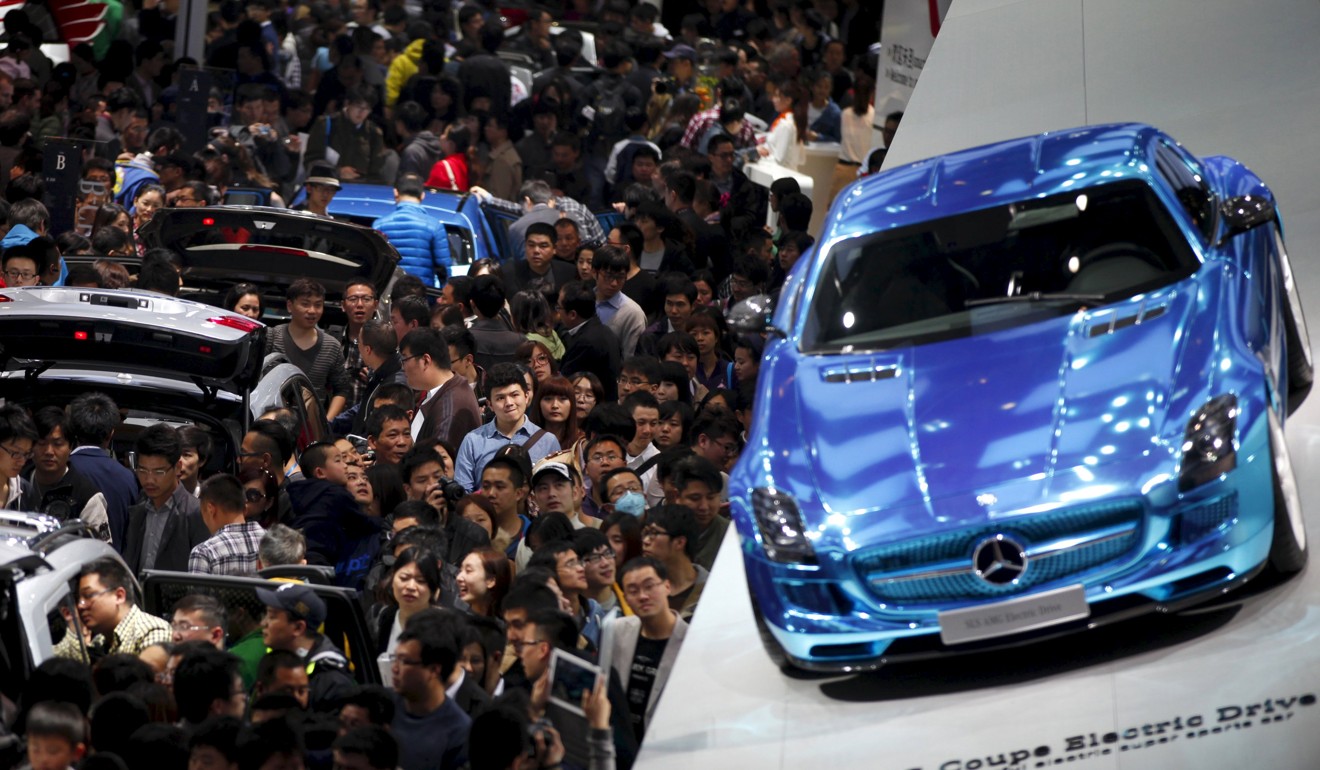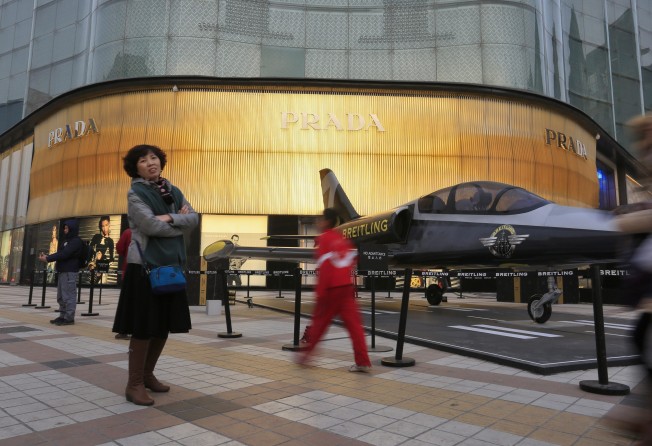
Asian billionaires lead the pack for first time – and half are from China
Region’s rich list outnumbers US total as a new billionaire is created ‘every other day’ in Asia, report says

There were more billionaires in Asia than in the United States for the first time last year – and half of them were Chinese, according to a report by UBS and PricewaterhouseCoopers.
China had by far the highest number in the region, with 101 new billionaires added to the list for 2016 – taking the country’s total to 318, the report released on Thursday said.
There were 637 billionaires across Asia in 2016, up nearly 25 per cent from the previous year.
In the US, that number edged up 5 per cent to 563, while in Europe there were only three new additions to the rich list for a total of 342 billionaires, the report said.
“Virtually all Chinese wealth has been self-made in the past two decades,” said James Chang, partner with PwC China.
And unlike in the West, owners of conglomerates make up 23 per cent of China’s rich club, according to the report. New billionaires could emerge from the country’s fintech and advanced manufacturing sectors in the future, Chang said.
He added that wealthy entrepreneurs were still keen to diversify with an overseas portfolio, despite Beijing’s capital controls and curbs on some outbound investments.

In China, where the rich list is growing at the fastest pace, the average age of billionaires was 55 – younger than the average of 67 in the US, and 66 in Europe. And the average wealth of Chinese billionaires was US$2.5 billion.
Ten new billionaires joined the list in Hong Kong last year, bringing the number to 69. The city’s billionaires had an average age of 66 and they were worth an average US$4 billion each.
In fact, a new billionaire was created “every other day” in Asia, the report said, as the region continues to expand economically amid surging real estate prices and fluctuations in the US dollar.
“According to the Asian billionaires we interviewed for this report, a combination of geopolitical stability in Greater China, rising Chinese real estate prices, infrastructure spending, the growing middle class and buoyant commodity prices all joined together to boost wealth,” the report said.
Asia’s richest saw their wealth rise by nearly one-third in 2016 to US$2 trillion – meaning they are worth more than Italy’s economy. The country’s gross domestic product was US$1.85 trillion last year, making it the eight largest economy in the world.
But Asian billionaires still lag behind the wealthiest individuals in the US, who were worth a combined US$2.8 trillion last year.
“Our analysis shows that, if current growth trends continue, the total wealth of Asia’s billionaires will overtake the US in four years,” the report said.
The wealth of the world’s 1,542 billionaires went up by 17 per cent last year to a total of US$6 trillion – beating the size of Japan’s economy by nearly a quarter.
Those billionaires directly employed at least 27.7 million people around the world – “roughly the same as the UK’s working population” – and nearly 10 per cent of that number are working for the newest billionaires, according to the report.
But in China, the wealthiest did not always hang on to their billionaire status for long.
“Although the number of new billionaires in China was far ahead of other countries in 2016, Chinese billionaire wealth fluctuated the most,” Chang said.
Thirty-four Chinese dropped off the rich list last year – making up 43 per cent of those who became former billionaires around the world in 2016.
“Many of China’s young billionaires sit just above the billion-dollar mark, making them vulnerable to reversals of fortune – whether in the form of unstable markets, policy changes, industrial restructuring, their own operation and management issues or other factors,” Chang said.
They also prefer to list their companies on the stock market quickly, which gives “status, access to finance and crystallises personal wealth”, the report said.
And how are China’s billionaires spending their riches? Some, at least, are investing in art. Five mainland Chinese and three Hong Kong billionaires were among 14 from Asia on a list of the world’s top 200 art collectors last year, according to the report.